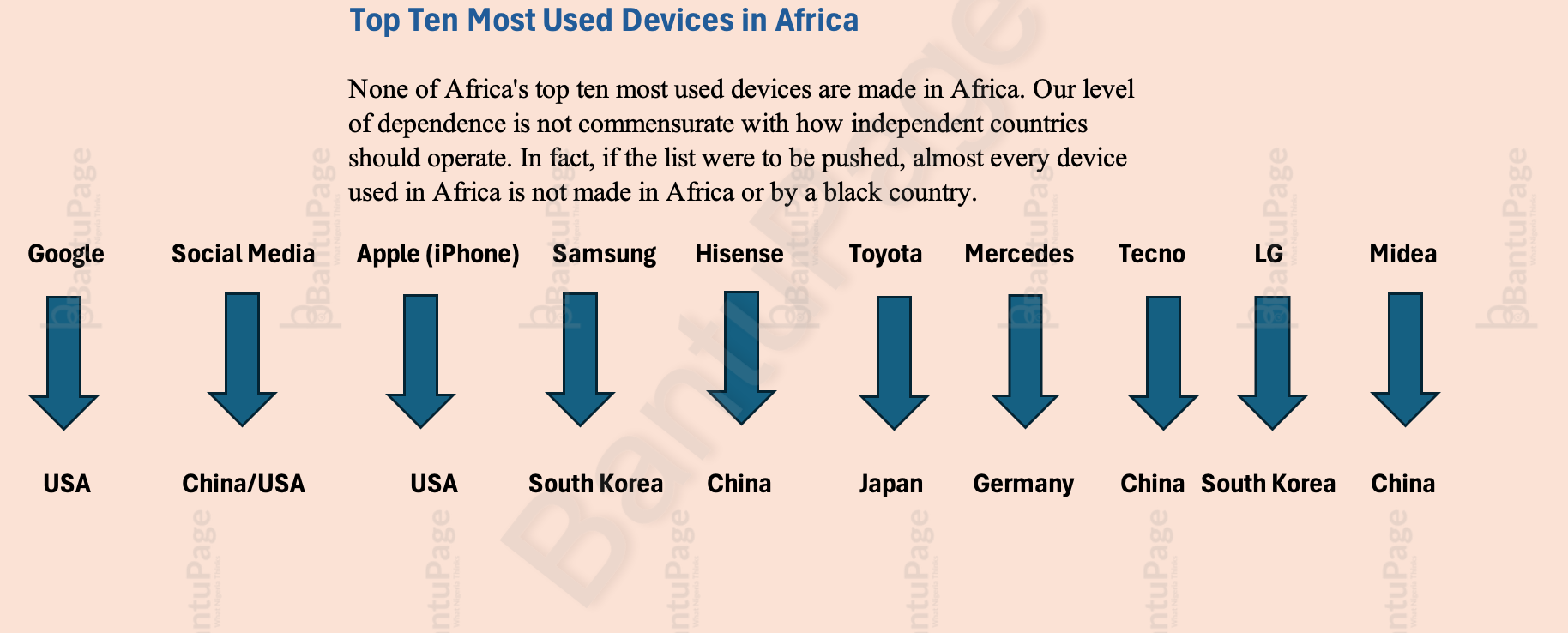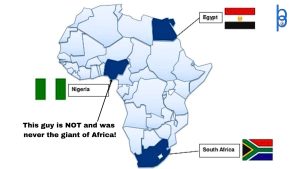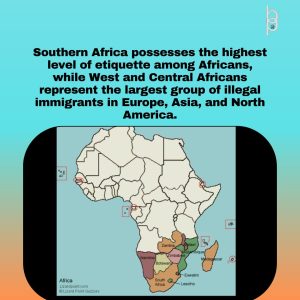
Top 10 Most Used Devices in Africa
No African manufacturer produces any of the top 10 devices used on the continent. Extending the list to the top 100 would not significantly alter the findings from the top 10. Africa is overly dependent on non-African countries for its survival. Shockingly, Africa produces nothing of relevance in the 21st century. Our TV is Korean or Chinese; our mobile devices are Korean, Chinese, or American; our software is American; and our computers are American, Chinese, Taiwanese, or Japanese. We drive German, Japanese, British, and American cars to offices embedded with Chinese devices and hardware. When we fall ill, we rely on non-African research and developed drugs, or visit hospitals equipped with non-African equipment, to ensure our survival. Non-Africans built our streets, our machinery, trains, ships, aircraft, and even the hair our women wear—Africa is quintessentially dependent, not independent.
 Most top brands in Africa are non-African
Most top brands in Africa are non-African
Independence is the ability to sustain oneself without being contingent on others. One could argue that Africa has transitioned from a physical colonial imposition to a non-physical colonisation that depends on others for its survival. How can one say they are independent when almost everything in your household is imported? Even the apps we use to communicate our bank transactions, social exchange, and the device we use to take photos of ourselves were all developed outside Africa by non-Africans. From the longest bridge in Kenya, the Athi River Super Bridge, to the tallest building in Angola, the IMOB Business Tower, and the African Union Parliament in Addis Ababa, Ethiopia, they were all built by non-Africans.
Post-independent sub-Saharan Africa faced a significant challenge in running its countries effectively, lacking the necessary plans and experience. The colonial powers strategically left systems and individuals in place that they knew lacked the essential skills to manage the diverse sub-Saharan African countries. The inorganic structures of the different countries diverted attention from nation-building to ethnic dominance. Nigeria serves as a prime example of this. It’s alarming that Africa’s contribution to global manufacturing or innovation is less than 3%. In medicine, science, or space technology, it’s less than 1%, underscoring the continent’s heavy reliance on non-African countries.
- Why is black Africa not producing the things it requires to survive?
- What plans are in place to change this in the near future?
By Ikechukwu ORJI





